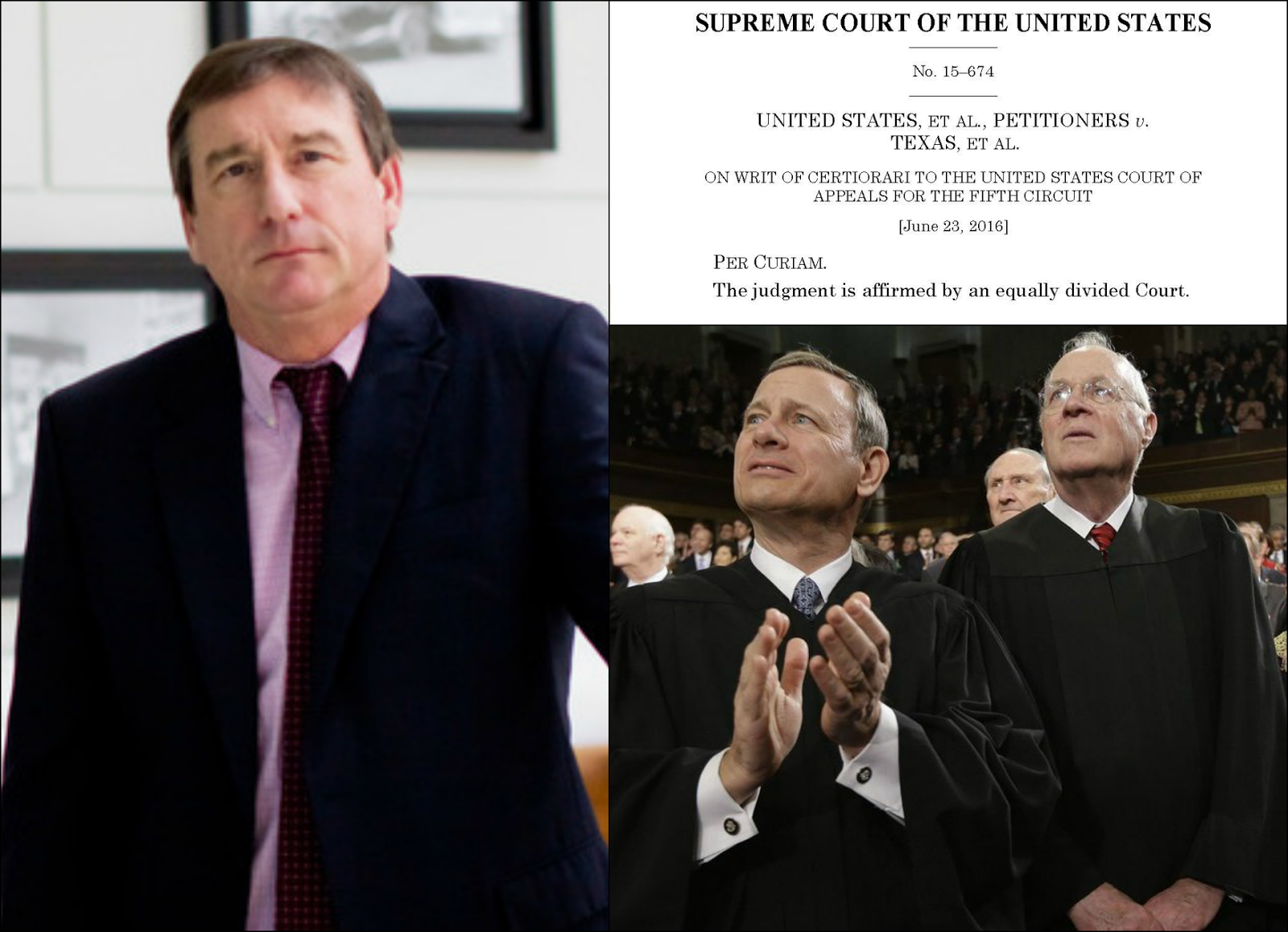by Neil H. Buchanan Why, really, is Donald Trump still running for president? Many commentators have opined that he surprised himself with his success, that he was originally following the same strategy as the other no-chance candidates who were angling for something other than the presidency -- a cabinet position, a slot on Fox News, more book sales and higher speaking fees, and so on. In this telling, path dependence now finds Trump almost a victim of his own unexpected momentum. He might well know, deep inside his addled brain, that he has no business being president. In fact, he might not really want the job, but he is too proud now to walk away. Besides, his ego will not allow him to give up on pursuing the greatest personal validation of all, becoming the leader of the most powerful nation on earth. All of that might well be true, but if even if it is, the story is highly incomplete. There is no good theory explaining why Trump says the outrageo...
